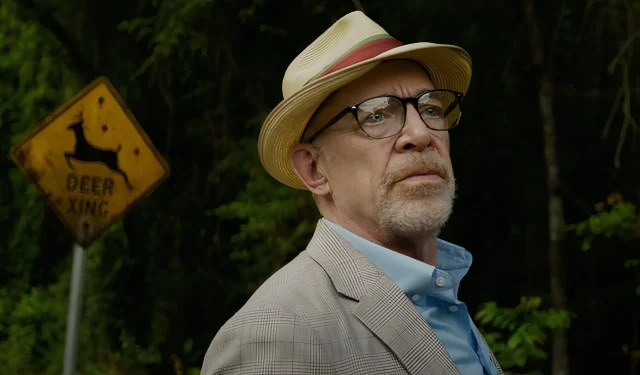
Clint Eastwood continues to make waves in the film industry with his latest directorial effort, which has achieved a noteworthy 93% rating on Rotten Tomatoes. Despite receiving critical acclaim, Eastwood’s film was initially overshadowed at the box office, receiving a limited release that hindered its potential reach. Eastwood’s illustrious career began in 1955 and included major milestones such as his breakout role in the acclaimed Western series Rawhide and his iconic performances in Sergio Leone’s celebrated Dollars trilogy during the 1960s. As the years rolled on, Eastwood transitioned into other genres, famously portraying the gritty cop Harry Callahan in the Dirty Harry series and taking on lighter roles in comedies like Every Which Way But Loose.
Beyond acting, Eastwood has solidified his legacy as an accomplished filmmaker. He made his directorial debut with the indie classic Play Misty For Me in 1971 and has received multiple accolades, including two Academy Awards for Best Director for his films Unforgiven (1992) and Million Dollar Baby (2004), both of which also clinched the Best Picture Oscar. Unfortunately, his most recent film faced significant obstacles as it was released in under 50 theaters by Warner Bros., limiting its visibility among audiences.
Juror #2: A New Streaming Sensation
Challenges Faced During Theatrical Release
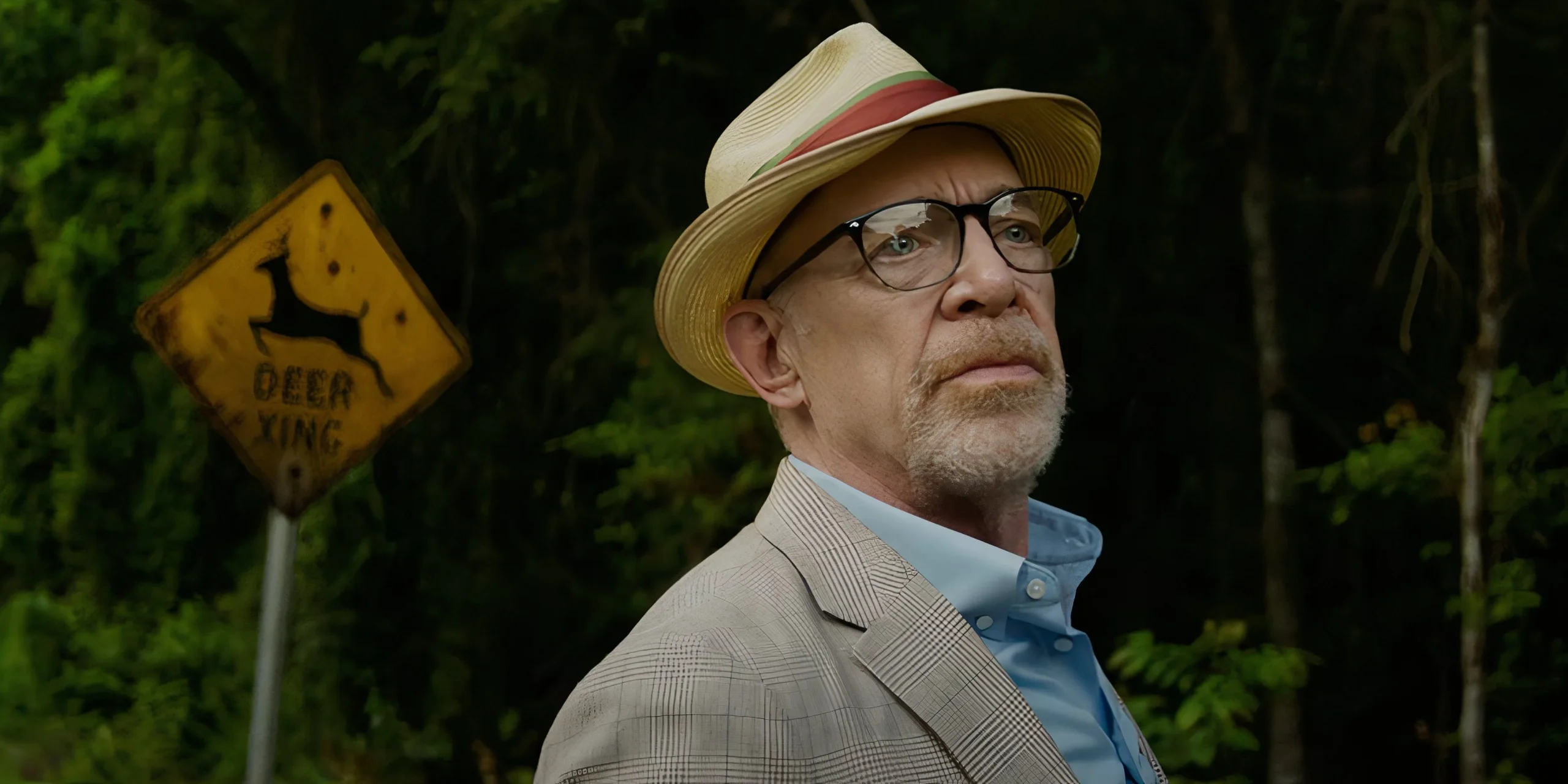
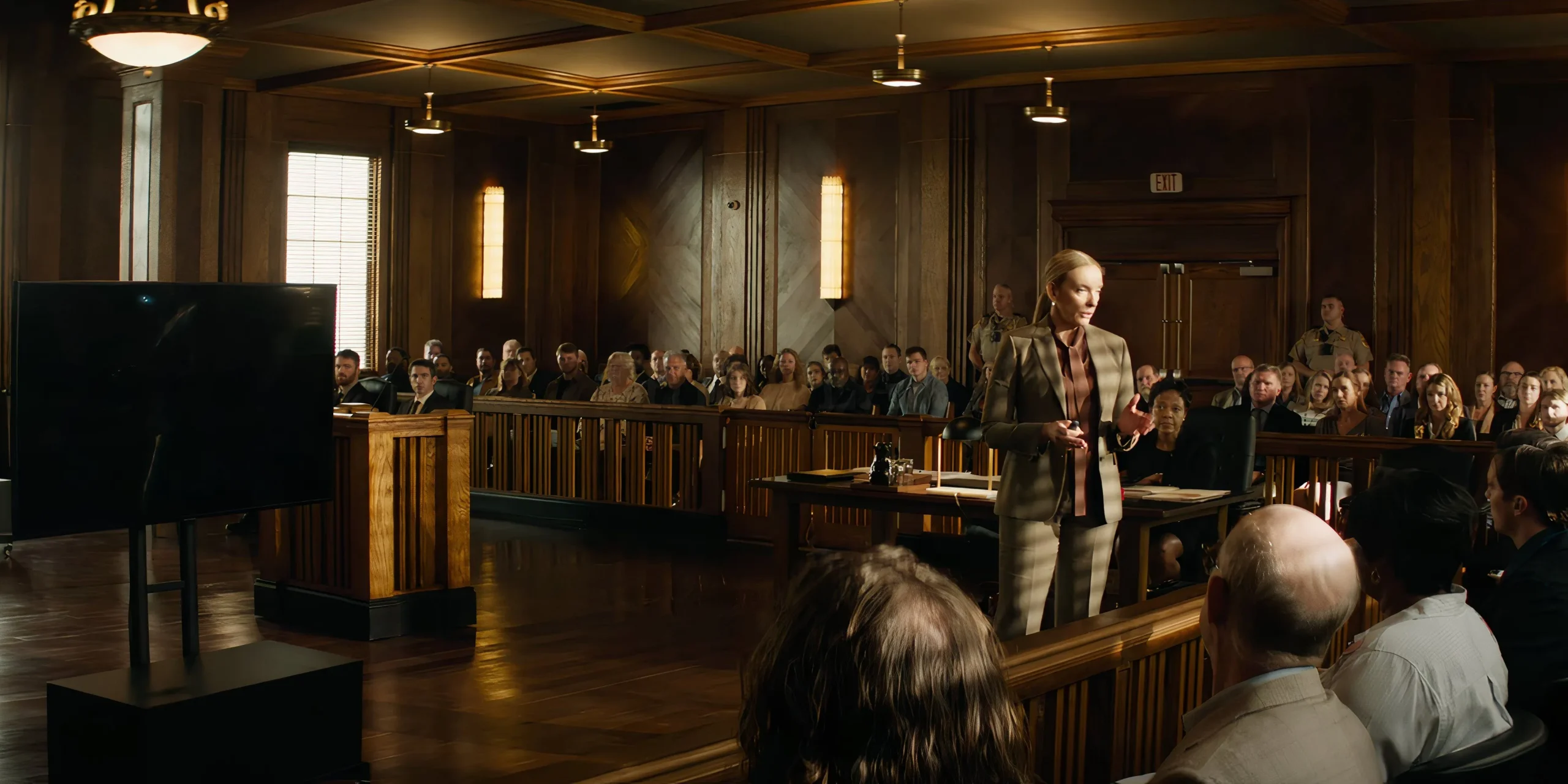
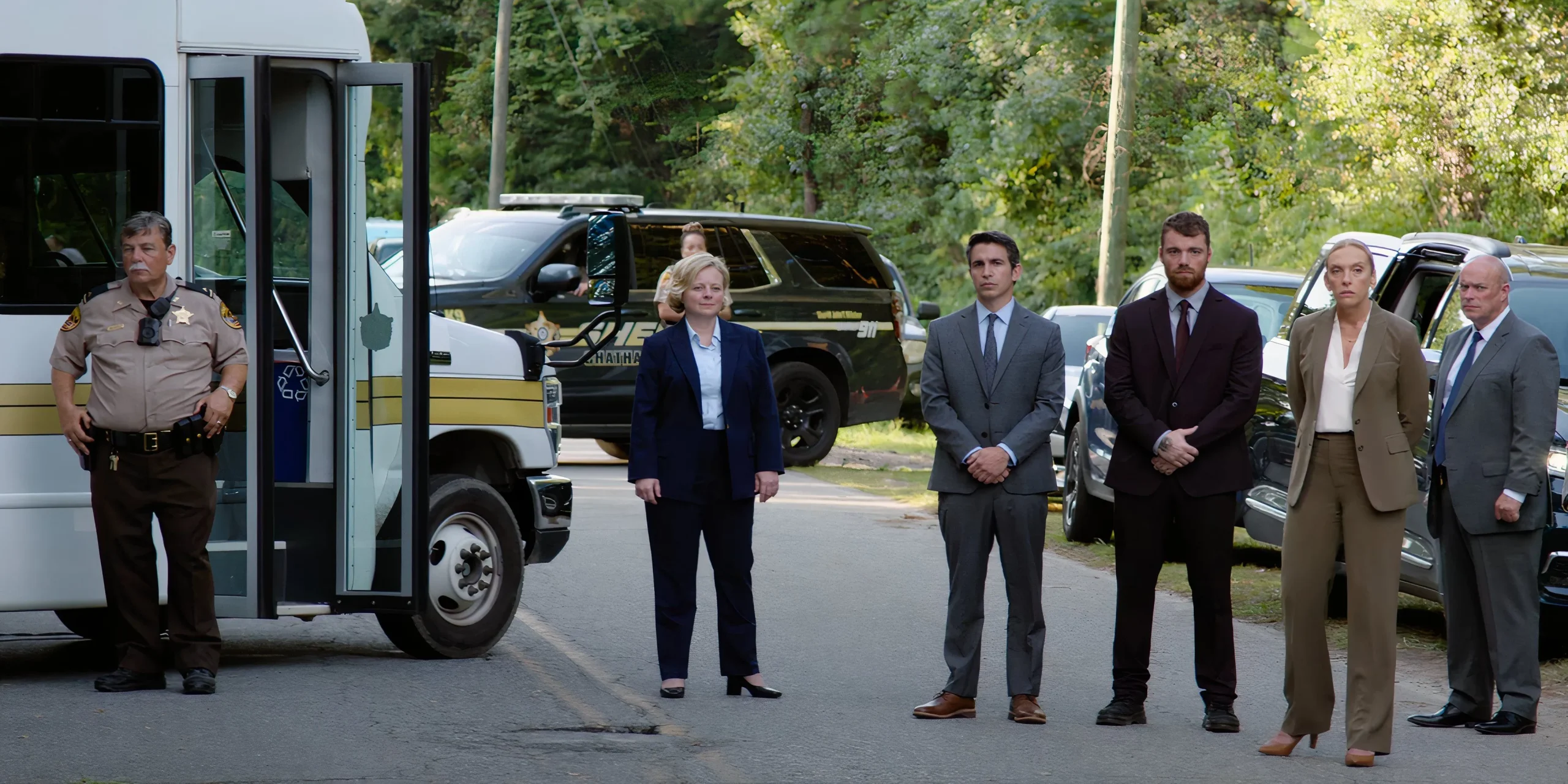
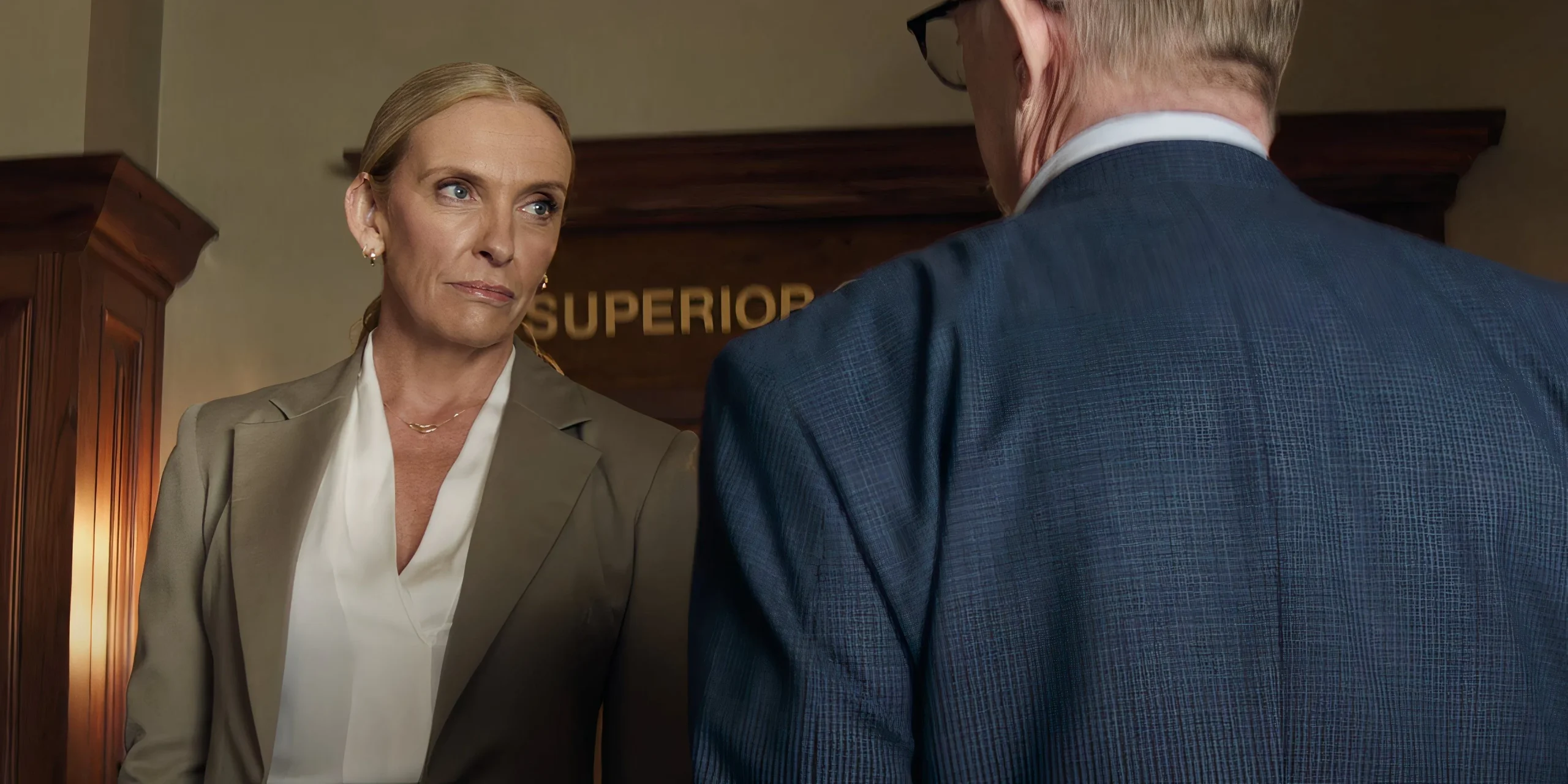

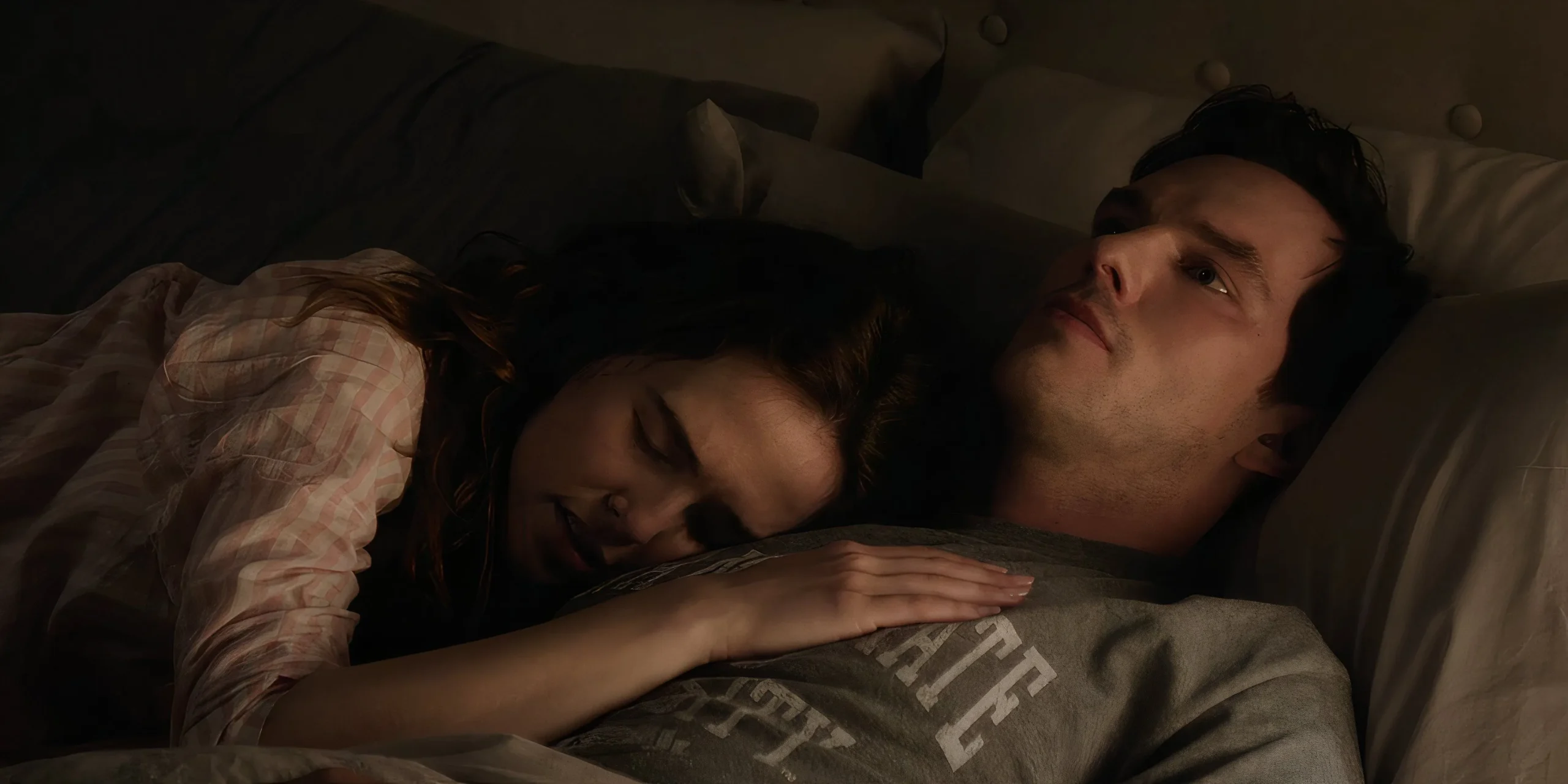
Despite its rocky start, Juror #2 has recently thrived on streaming platforms. Under the captivating lead of Nicholas Hoult, the film boasts a standout ensemble cast featuring Zoey Deutch, Toni Collette, and Kiefer Sutherland, among others. It has since become a favorite on Max, climbing to seventh place on Reelgood’s Top 10 streaming movies list and fourth among all streaming films for the week of December 19–25. The film’s competitors during this week included titles like Red One and How the Grinch Stole Christmas.
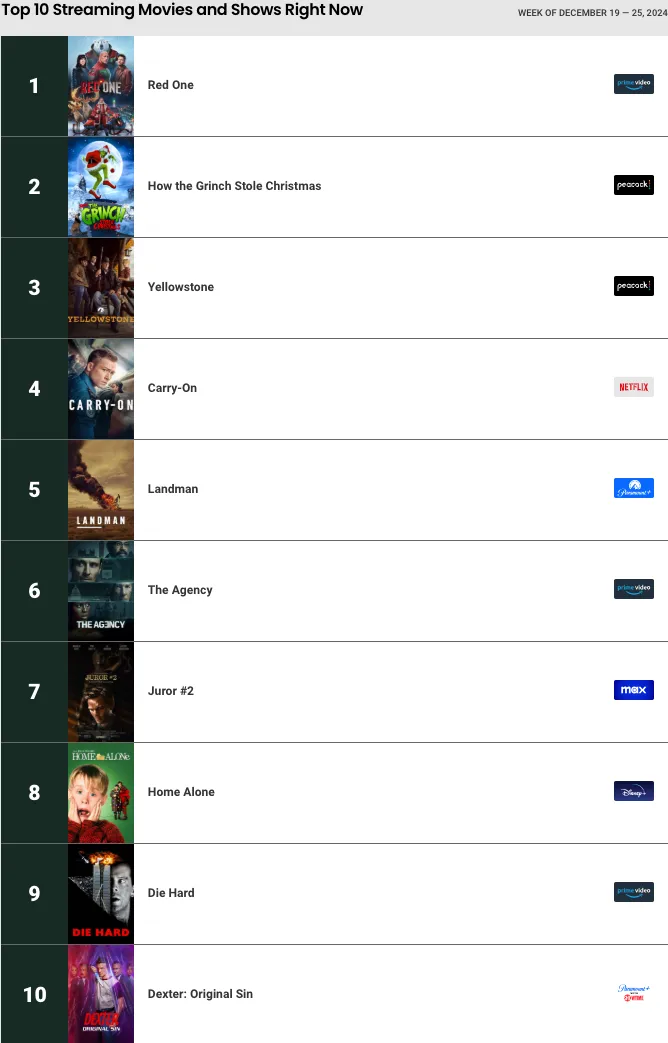
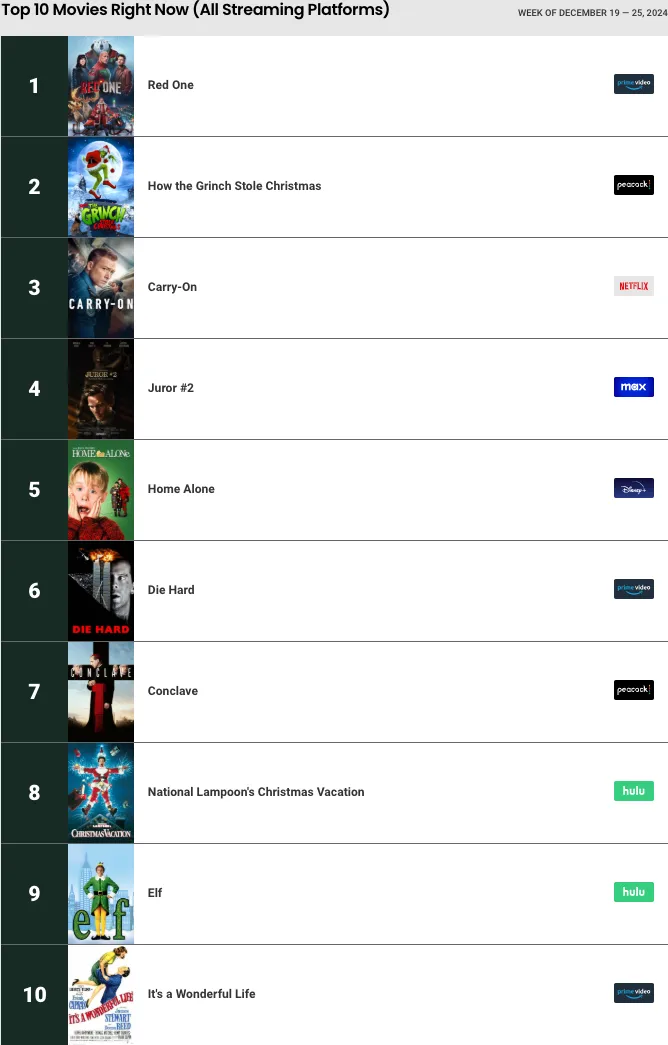
Implications of Streaming Success for Juror #2
Missteps from Warner Bros.
Watch the Trailer
Having premiered at the AFI Fest, Juror #2 received favorable reviews praising its engaging narrative and Eastwood’s skilled direction. However, Warner Bros. controversially chose to limit the film’s theatrical exposure, releasing it in fewer than 50 theaters across the country. This decision appeared to undermine the film’s box office potential and its overall recognition during the awards season. In stark contrast, the film’s success on Max indicates that a broader release could have led to significant success both commercially and critically.
For further insights, visit Reelgood.




Leave a Reply